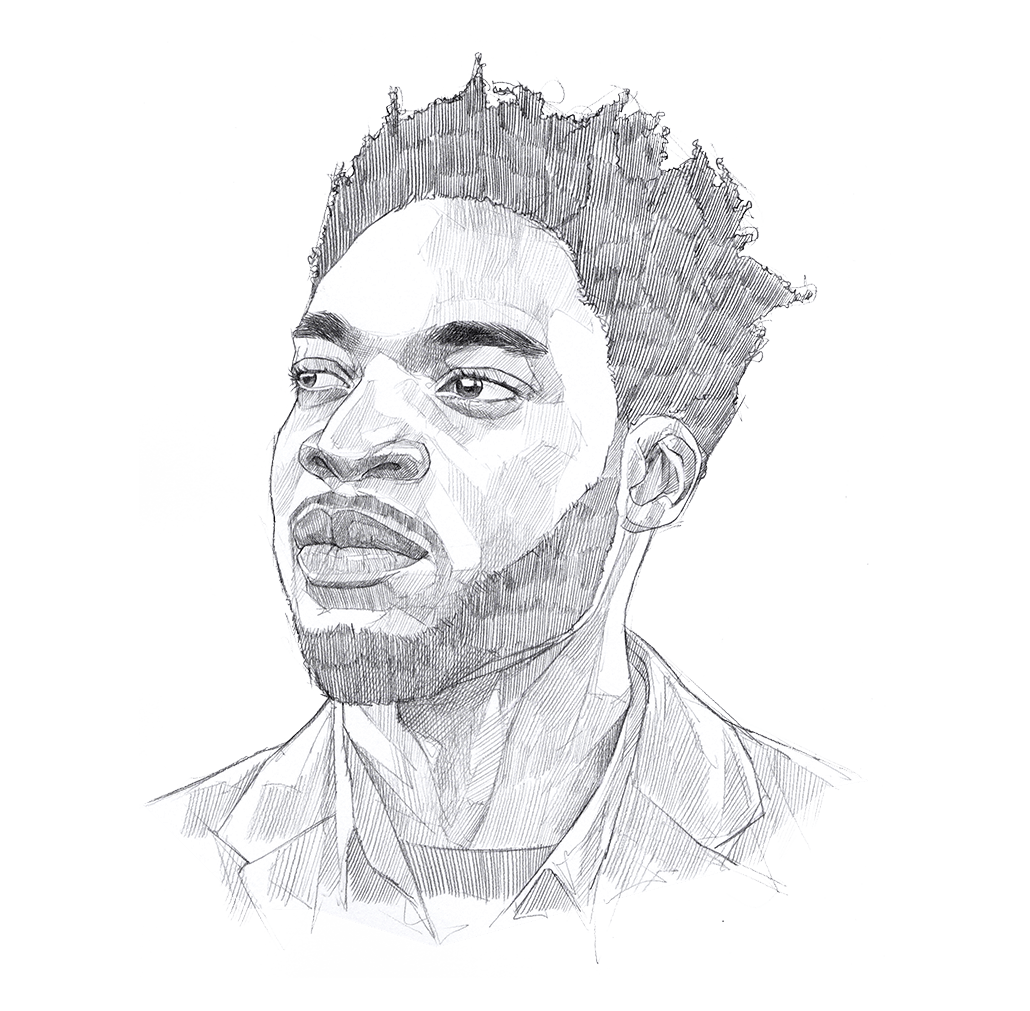Uncategorized
The tricky thing is that, yes, they [my parents] would respond positively to the policy, but at the same time, they are the kind of people that don’t want much attention drawn to themselves -…
I think that if the men [were] here, maybe the men would want to hear how I don’t want to be treated. Like one of the participants said, um, some people don’t know that its…
I think maybe they could add [to the sexual assault policy] some tips of how, if you find yourself in a situation you find unsafe or you feel like you are currently being verbally or…
My parents are very old-fashioned. If something like this was to happen to anyone in my family, they would want to make sure it wasn’t talked about. So, let’s say you choose to report; you…
I just want to remind you guys that, like, the weird relationship with students and teachers in West Africa is kind of messed up. I don’t know about you… but in one of my schools,…
The person [who I would want supporting me following a sexual assault] should have knowledge about my background, so they can understand what I am going through. I don’t want someone who is putting words…
Participant 1: I feel like my dad […] would look at the policy as something slow […]. Like, if he believed that the policy is not doing anything, or the process is going too slow,…
Well, I have two things to say. One is that we all came to the conclusion that it is important for the policy to be visible, not only for new students but old students, faculty,…
I think the person that’s gonna help someone that has suffered sexual assault has got to be trustworthy and they have to be compassionate, like, someone who puts themselves in other people’s shoes, that are…
People that have the problem with sexual assault, that’s a very sensitive problem and they need an advisor uhh that to listen to their story and understand them and sympathize with them.

